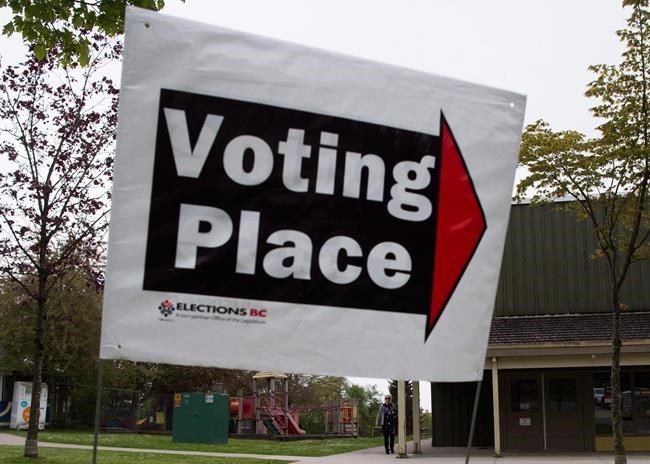Next week’s televised leaders’ debate may not determine the election result, but it will likely play a critical role in how the two opposition parties fare at the ballot box.
That is not because anyone expects one of the candidates to land a “knockout punch” or run away with the thing.
No, the Oct. 13 debate will chiefly serve as the vehicle that puts two relatively little known political leaders in front of the electorate for a prolonged period and therefore finally elevates their public profile when they most desperately need that to happen.
Compared to NDP leader John Horgan, B.C. Liberal leader Andrew Wilkinson and B.C. Green leader Sonia Furstenau are political unknowns to many. As such, the debate gives them a chance to define themselves in ways not previously possible.
In the weeks leading up to the campaign the two of them enjoyed a very small media presence. Since the campaign began, they have shown up for 30-second sound bites on television newscasts and the odd radio show and that has been about it.
However, a 90-minute debate seen by hundreds of thousands of people is a unique opportunity to address some weaknesses.
Of course, such a debate can also turn into a bit of a disaster for a leader who is unprepared or makes a serious gaffe or who simply comes across poorly as a communicator on television.
On their own, debates have not determined the outcome of any particular B.C. election. However, they can have an impact on the final seat count.
In 2005, for example, then-NDP leader Carole James outshone B.C. Liberal leader Gordon Campbell in that campaign’s event and that was seen as one reason her party went from having just two seats in the B.C. legislature to a more respectable 33 seats.
James repeated her solid performance in 2009 and boosted her party’s seat count to 35. Again, the debate did not determine an election winner, but it likely played a role in the NDP’s gradual resurgence.
The one debate that had the greatest impact on the outcome is widely considered the very first televised leaders’ debate in 1991.
In a memorable encounter, NDP premier Mike Harcourt and Social Credit leader Rita Johnston at one point were bickering over something and talking over each other.
B.C. Liberal leader Gordon Wilson – a complete unknown at that moment – saw an opening and pounced. He pointed at them both and famously said, “This reminds me of the legislature and here’s a classic example of why nothing gets done in the province of B.C.”
The line was repeated on many television newscasts for days and Wilson’s party shot up in the polls and the Socreds crashed. As a result, that election marked the re-birth of the B.C. Liberal Party and the effective end of the once-proud Social Credit party (and of course, the NDP still won the election).
I do not expect any such magic moments in next Tuesday’s debate. The leaders’ remarks are tightly scripted and likely better prepared than ever before.
Wilkinson and Furstenau will likely aim most of their fire at Horgan, who will no doubt try to come off looking like a calm and cool leader during an extraordinary pandemic.
It may not determine the outright winner of the election, but the debate has every chance of making the race tighter than it seems to be right now. We will see if the relatively unknown Wilkinson and Furstenau can make the most of a potentially golden opportunity.
Keith Baldrey is chief political reporter for Global BC. [email protected]
What are your thoughts? Send us a letter via email by clicking here or post a comment below.



